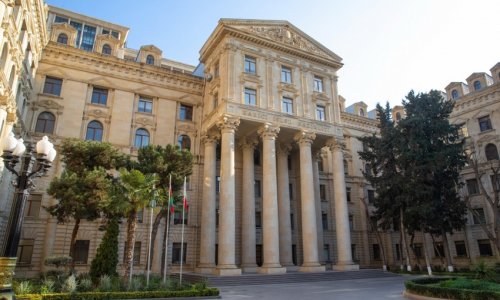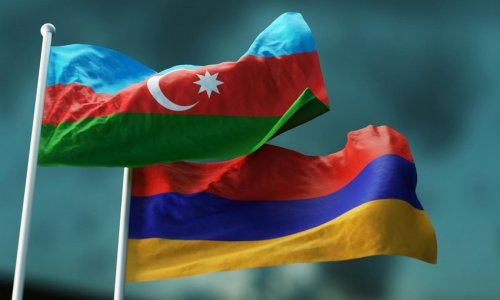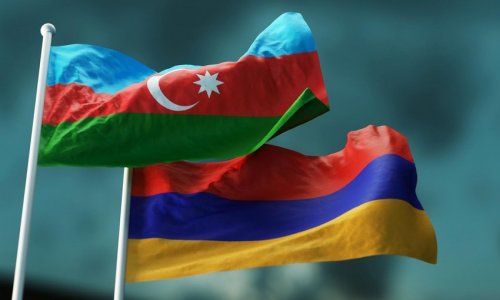Azerbaijan’s privately owned ANS CM radio channel received a lot of criticism after broadcasting Armenian songs in one of its programs on regional music.
ANS Broadcasting and Media Company, which also includes the radio channel, has defended its position, saying it’s normal for Azerbaijan to reach out to its ethnic Armenian citizens in Nagorno-Karabakh and elsewhere.
One of the arguments cited by ANS managers was that the state-run Caspian Broadcasting Company (CBC) was too broadcasting news in Armenian.
Azer Khalilov, director-general at CBC, said these were two very different things.
“CBC broadcasts are for foreign audience. We are promoting Azerbaijan, its history, culture and achievements in four languages, including Armenian,” Khalilov said in an interview with ANN.
“Foreign broadcasts have always been viewed as the most important element of ideological warfare. It is getting more prominence every passing year. For instance, everybody is aware of the role Western radio broadcasts in Russian played in bringing down the Iron Curtain. As a result, the Iron Curtain tumbled down.
“Broadcasting Armenian music inside Azerbaijan is something completely different. We are not doing that kind of job. Therefore, ANS citing CBC broadcasts as an example to support its arguments is not right or correct.
"If you still need something to cite, you can take another example. In 2004, for instance, ANS acted against its long-time partner, BBC, only because a program on the tenth anniversary of the Armenian-Azerbaijani ceasefire was produced by a BBC correspondent of Armenian origin, Mark Grigorian. ANS demanded that BBC fire Mark Grigorian, threatening to stop re-broadcasting programs by BBC’s Central Asia and Caucasus Service.
"BBC didn’t fire Grigorian, and ANS stopped re-broadcasting BBC programs. If ANS airs Armenian music today, why did it have to end BBC re-broadcasting back then? The statement that culture knows no bounds does not stand up to scrutiny either. It is not journalists or broadcasters that impose or lift these moral boundaries. It is done by governments depending on a particular military and political situation.
"Therefore, everybody should be answerable for their deeds and cite their own activity. That would be the right way to go about.”
Bakudaily.az











